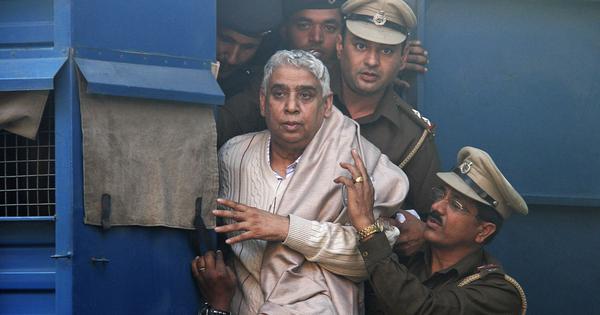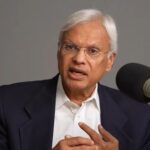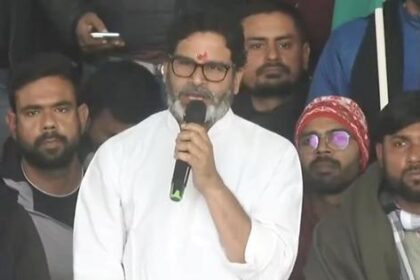Exploring the intense devotion of followers toward a controversial godman during his imprisonment.
Rampal’s imprisonment was expected to create some distance among his followers, but it seemed to have the opposite effect. Instead of diminishing their devotion, it intensified, transforming into an even more fervent commitment. The pilgrimage to see him in prison soon became a new ritual for many. Instead of visiting the ashram, followers drove three to four hours each way for a fleeting glimpse of their imprisoned guru, who was held in a district jail in Rohtak, Haryana.
On those mornings, a sense of determination filled the air as four of us squeezed into the car, setting out early with the anticipation of a family celebration. However, these trips were anything but ordinary. As we approached the prison, the streets swelled with hundreds of other followers, all eager for the same reason: to see him, even if just for a moment. The atmosphere outside the jail buzzed with anticipation as we waited under the scorching sun. News would ripple through the crowd that the prison van was leaving, and we would instinctively know where Rampal would be seated.
When the prison van finally appeared, excitement surged through the crowd. We dashed through traffic, striving to be as close as possible to the vehicle. Onlookers—shopkeepers, commuters, and strangers waiting at the nearby bus terminal—watched us with a mix of amusement and bewilderment, yet for us, this was everything. The followers would spring into action, scrambling into cars, hopping onto bikes, or piling into auto-rickshaws, all chasing the van to the court. Nothing could deter us; not distance, the heat, nor exhaustion would stop us from being near him.
Rampal’s court appearances turned into spectacles of devotion. For many, the ultimate prize wasn’t merely seeing him but being seen by him. On one occasion, Shalini and I managed to blend in with the crowd entering the court. Our goal was not to disrupt but to connect with the man who held our faith. In those brief moments of acknowledgment, the burdens we carried felt lighter. His presence, even from a distance, seemed like healing.
After the hearing, we hurried outside, eager for one last glimpse before he was escorted back to prison. As planned, we regrouped in the parking lot, where Sai took the wheel. Despite his disability, he drove with remarkable skill, determined to stay parallel to the police vehicle. Then came a moment that felt electric. We were right beside Rampal’s window, chanting, “Guruji, Guruji!” Our voices merged into a chorus of devotion. Inside the car, emotions swirled; tears brimmed in our eyes as we clasped our hands in prayer, overwhelmed by the moment’s significance.
The car erupted with joy, filled with a spiritual ecstasy that had become our lifeblood. That day felt like a triumph, a testament to our unwavering devotion and a cherished family moment. My parents advised Anant and me to keep our distance from the more aggressive crowds, mindful of their disabilities. We observed the chaos from a safer vantage point, where the atmosphere, despite its tension, held an odd sense of festivity. Hours spent waiting were broken up by small indulgences from nearby stalls, and sometimes we stopped at roadside dhabas for a meal.
These court visits became the focal points of our lives. I skipped school; my parents took leave from work. Nothing took precedence over these trips. For me, they were the highlights of my existence, and I was not searching for meaning outside of this devotion. Three adults consumed by their obsession, along with me, a fifteen-year-old, were engaged in the pursuit of a man charged with serious crimes, yet to us, it felt like a profound expression of loyalty and love.








